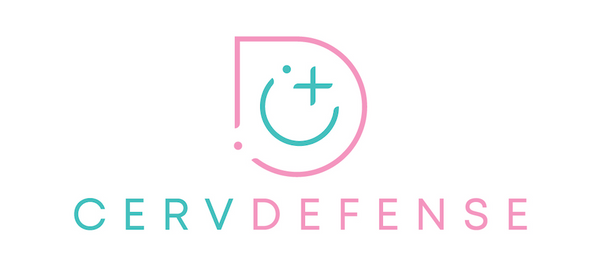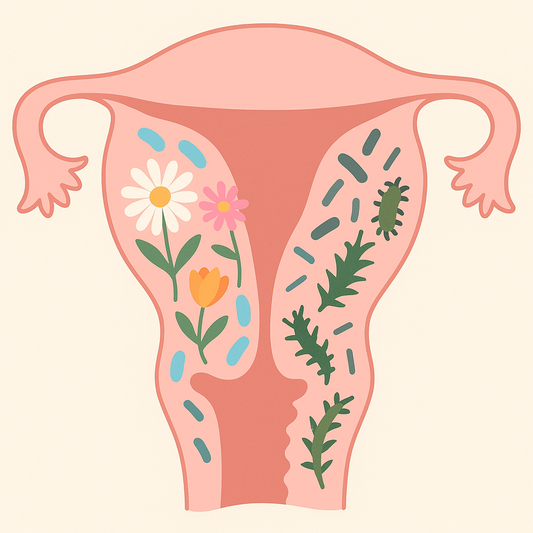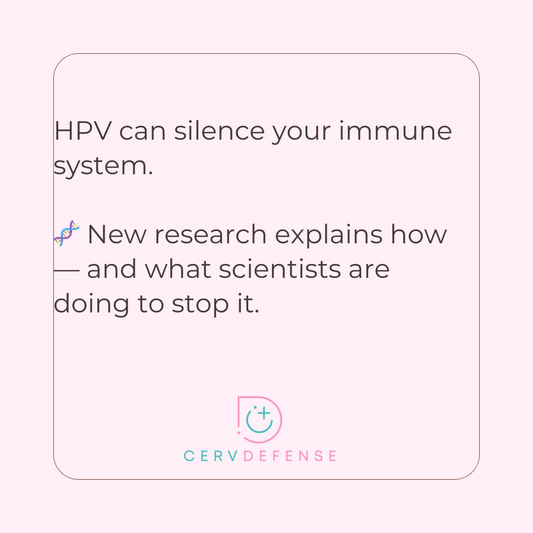
Your Pap Smear Results: What’s Normal, What’s Not?
Share
👋 First, take a breath.
If you just got your Pap smear results and saw a term you don’t recognize — or one that sounds scary — you’re not alone.
It’s easy to feel overwhelmed, confused, or even ashamed when you don’t fully understand what’s going on with your own body. But here’s the truth:
Pap tests are a tool, not a verdict. And they’re designed to help you stay ahead of potential problems, not scare you.
Let’s break it down, plain and simple.
📄 What Is a Pap Smear, Anyway?
A Pap smear (also called a Pap test) is a routine screening used to check for abnormal cells on the cervix — which can be caused by things like HPV, inflammation, or precancerous changes.
It doesn’t diagnose cancer — it simply looks for changes that could turn into something more serious down the road, if left untreated.
✅ What’s Considered “Normal”?
If your result says something like:
-
Negative for intraepithelial lesion or malignancy (NILM)
-
Normal cytology
-
Or simply "Normal"
…then you’re good to go! These results mean no abnormal changes were found, and your provider will likely recommend another routine screening in 3–5 years (depending on your age and history).
🟡 What’s “Not Quite Normal” — But Not Dangerous
There are several results that might sound concerning, but often clear up on their own or just require a follow-up:
-
ASC-US (Atypical Squamous Cells of Undetermined Significance)
→ Translation: “We saw something a little weird, but it’s probably nothing.” -
HPV Positive, Normal Pap
→ HPV is incredibly common and often clears on its own. But you'll be monitored more closely. -
LSIL (Low-Grade Squamous Intraepithelial Lesion)
→ Mild changes, usually linked to HPV. Often goes away without treatment.
In many of these cases, your provider will recommend a repeat Pap test or HPV test in 6–12 months just to keep an eye on things.
🚩 What’s Considered Abnormal and May Need Follow-Up
If your result says:
-
HSIL (High-Grade Squamous Intraepithelial Lesion)
-
ASC-H (Atypical Squamous Cells — can’t rule out high-grade changes)
-
AGC (Atypical Glandular Cells)
-
CIN 2 or CIN 3 (via biopsy)
These mean there are moderate to severe cell changes that could lead to cervical cancer if not treated. This is when your doctor may recommend:
-
A colposcopy (a closer look at your cervix)
-
A biopsy
-
Or sometimes a procedure like LEEP or cryotherapy
That said:
Even these results are still precancerous, not cancer — and in many cases, they can still be reversed or resolved with the right care.
(P.S. This was where I was. And I didn’t go the surgical route — I found another way.)
💊 The Supplement I Created After My Abnormal Pap
When I received my own abnormal Pap result — and later, a diagnosis of high-grade cervical dysplasia — I didn’t want to rush into surgery without understanding my options.
I spent months diving into research on how to support my body naturally. I found several science-backed ingredients that showed promise for helping the body maintain healthy cervical cells — and I tried them all.
The results?
📉 Within 4 cycles, my Pap smear results normalized.
📗 My doctor was stunned.
💡 That exact protocol inspired the creation of CervDefense.
CervDefense includes a thoughtfully designed blend of ingredients — not just one or two — to help support your cervical health from multiple angles. Some of the most widely studied include:
-
✅ DIM (Diindolylmethane)
-
✅ Green Tea Extract (EGCG)
-
✅ Indole-3-Carbinol (I3C)
-
✅ Methylated Folate
-
✅ Zinc
...and many more.
🧬 It’s science-backed, clean, and created for women like you — because nothing like this existed when I needed it most.
If you’re navigating abnormal Pap results or cervical changes and looking for natural, supportive tools, CervDefense might be the missing piece.
👉 Explore CervDefense →
🎁 First-time customers get 30% off.
🧬 Want to Learn More About How I Reversed My Cervical Dysplasia?
I wrote a whole post about my story — and even turned it into a free e-book so you can feel more informed and supported:
👉 Read how I healed naturally →
💗 Bottom Line
Your Pap smear result is information — not a sentence.
And while some results may sound intimidating, you have options.
You have time.
You have support.
And you are not alone.



